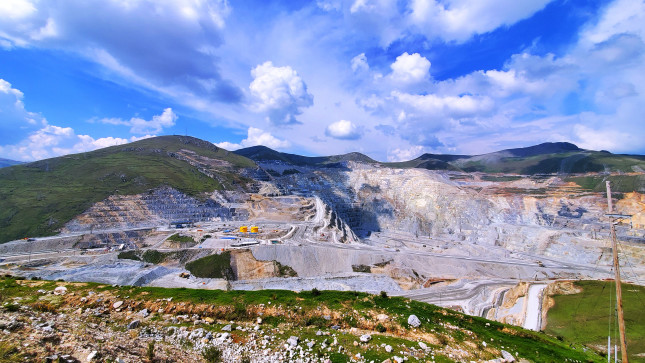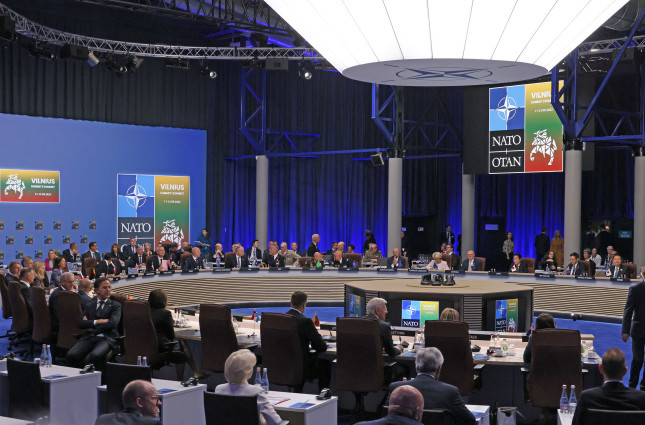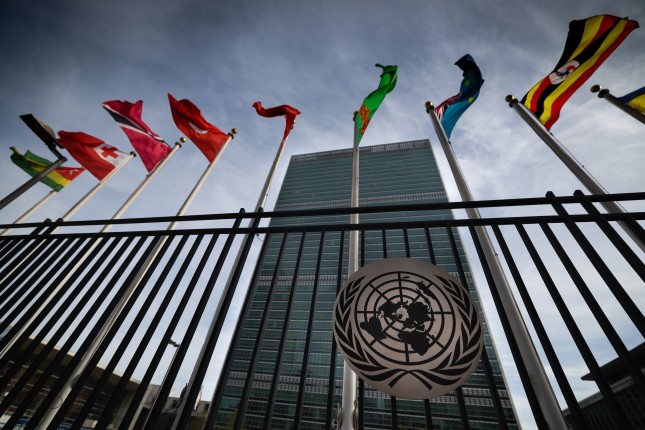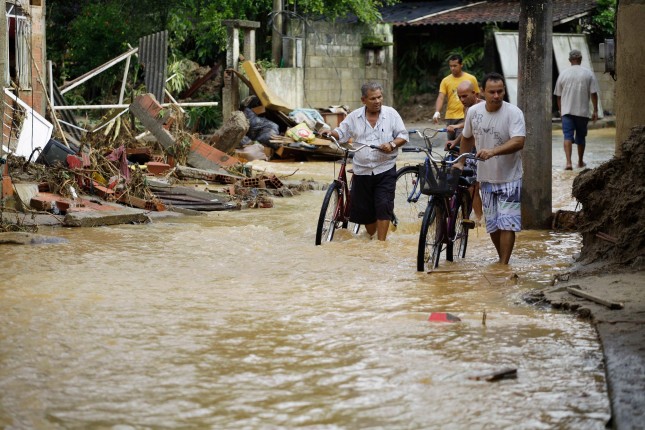-
Update on Russia’s Invasion of Ukraine: The View From Parliament
›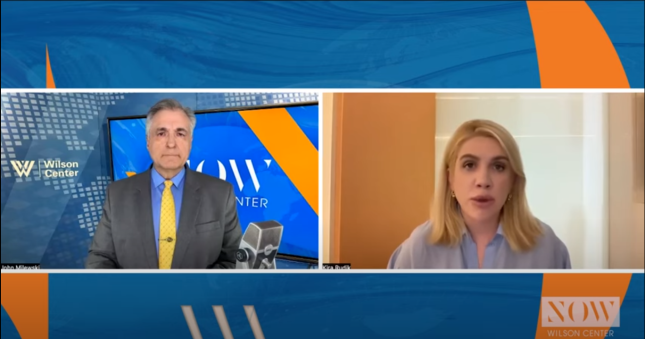
In this edition of Wilson Center NOW, Update on Russia’s Invasion of Ukraine: The View From Parliament, John Milewski, Moderator of the Wilson Center NOW series, interviews Kira Rudik, Member of Parliament of Ukraine, First Deputy Chairwoman of the Parliament Committee on Digital Transformation, Leader of the Golos Liberal Political Party, and Vice-President of the Alliance of Liberals and Democrats for Europe (ALDE). Rudik has spoken with the Wilson Center twice before, as the onset of the war and at its one-year anniversary. This NOW interview centers on updates on the war, the role of government and allies, and the continued resolve of the Ukrainian people.
-
China’s Critical Mineral Model in Latin America
›
The great power competition underway between the United States and China has a ripple effect in each nation’s neighborhood. As the United States prepares for possible conflict seven thousand miles away in the Taiwan Strait, China is expanding its economic influence in Latin America.
-
The Climate Security Nexus: A Transatlantic Conversation With NATO
›July 21, 2023 // By Claire Doyle
From individual health risks to geopolitical tensions, climate impacts are relevant to every facet of peace and security. Focus on these links has sharpened in recent years, as governments and international security organizations like NATO increasingly recognize that climate responses must be part of promoting peace and security.
-
ECSP Weekly Watch | July 10 – 14
›
A window into what we are reading at the Wilson Center’s Environmental Change and Security Program
Rough Waters: Sri Lanka’s Fishermen Face Climate Challenges and Economic Woes
Close to 2.4 million Sri Lankans are employed in that nation’s fisheries, and the bounty of its seas and freshwater bodies make up close to half of the country’s animal-based protein. But now the livelihood that has sustained these workers for generations faces growing constraints.
-
The UN Security Council Debates its Role in Tackling Climate Security
›
Climate change is a security concern due to its role as a risk multiplier, aggravating political, social, and economic vulnerabilities, straining resources, and undermining institutions. And as climate change intensifies, its impact on military operations around the world, including UN peacebuilding efforts, will grow in tandem.
-
ECSP Weekly Watch | June 23 – 29
›
A window into what we are reading at the Wilson Center’s Environmental Change and Security Program
Climate Change and Migration: Ensuring Safe Access for Women and Girls
A new report from UN Women found that climate change poses a significant threat gender equality. In particular, changes in weather patterns and extreme events exacerbate vulnerability among women and girls and leads them to seek safety and opportunities through increased migration.
-
Water @ Wilson | The Significance of the Coming El Niño: Understanding the Science and Preparing for Its Impacts
›When the National Oceanic and Atmospheric Association (NOAA) declared the beginning of an El Niño event on June 8, 2023, the recurring climate pattern featured in headlines all over the world as media outlets sought to cover its anticipated impacts.
A recent Water @ Wilson event –“The Significance of the Coming El Niño: Understanding the Science and Preparing for its Impacts”—brought together experts at the Wilson Center to explain the complex science behind El Niño and explore its regional implications. The speakers also surveyed the policy tools at our disposal to prepare for its significant climate effects.
-
John Podesta on the Inflation Reduction Act and a New American Industrial Strategy
› Through the Inflation Reduction Act, the Biden administration has launched a new industrial strategy. Today’s episode of New Security Broadcast highlights a fireside chat at a Wilson Center event between John Podesta, Senior Advisor to the President for Clean Energy Innovation and Implementation, and Duncan Wood, Wilson Center Vice President for Strategy and New Initiatives. Podesta and Wood explore the opportunities provided by the Inflation Reduction Act for the U.S. and its allies.
Through the Inflation Reduction Act, the Biden administration has launched a new industrial strategy. Today’s episode of New Security Broadcast highlights a fireside chat at a Wilson Center event between John Podesta, Senior Advisor to the President for Clean Energy Innovation and Implementation, and Duncan Wood, Wilson Center Vice President for Strategy and New Initiatives. Podesta and Wood explore the opportunities provided by the Inflation Reduction Act for the U.S. and its allies.
Showing posts from category security.


